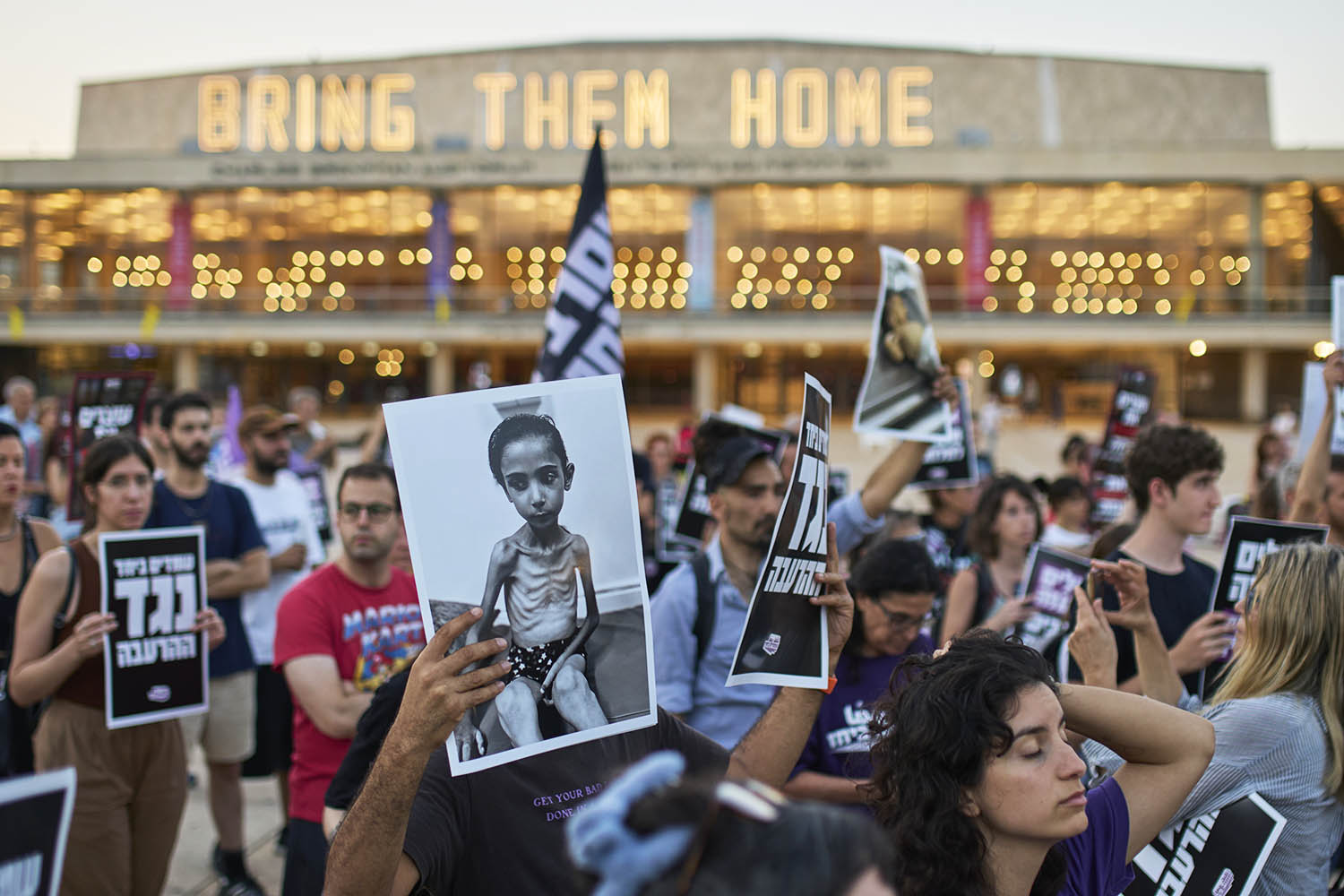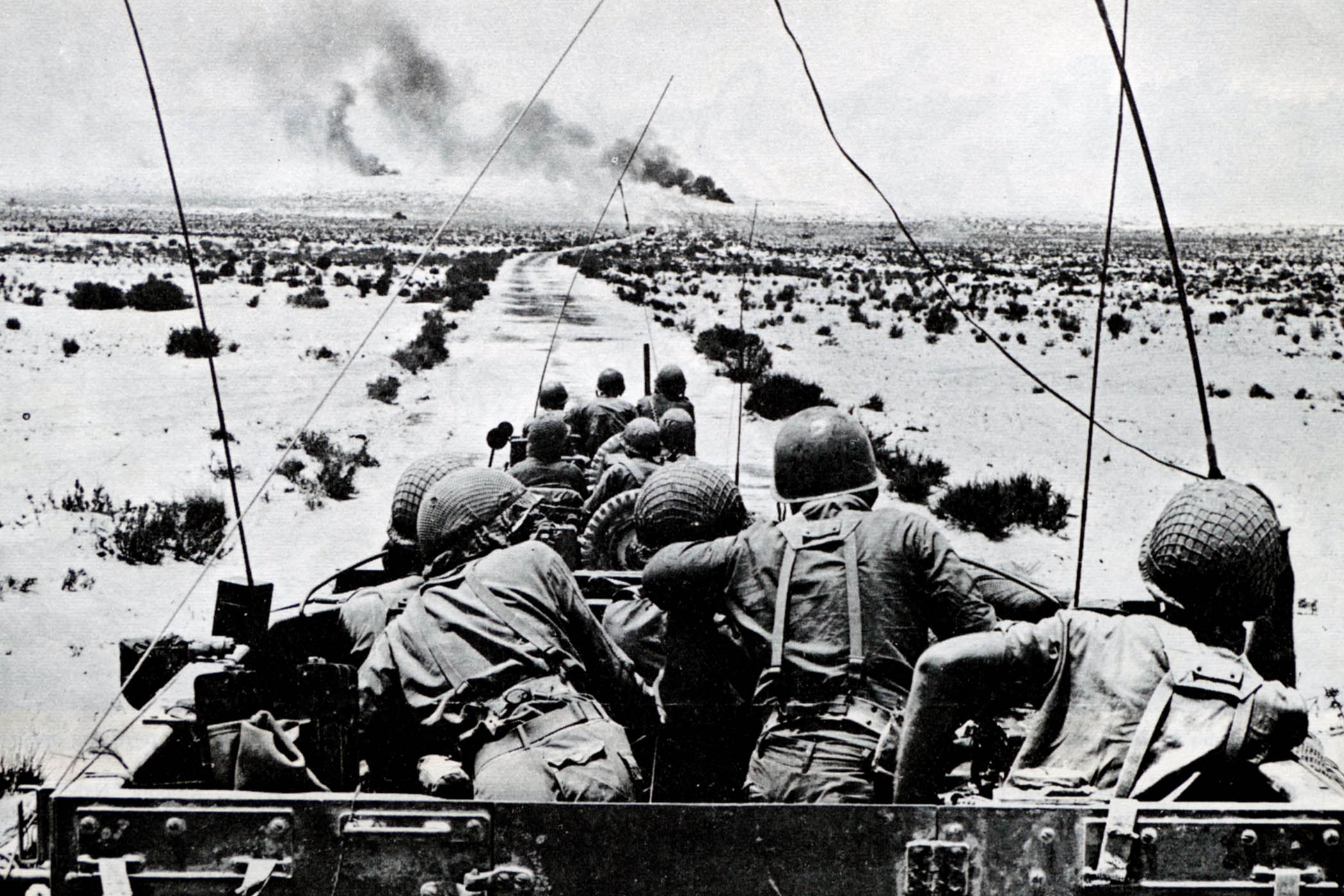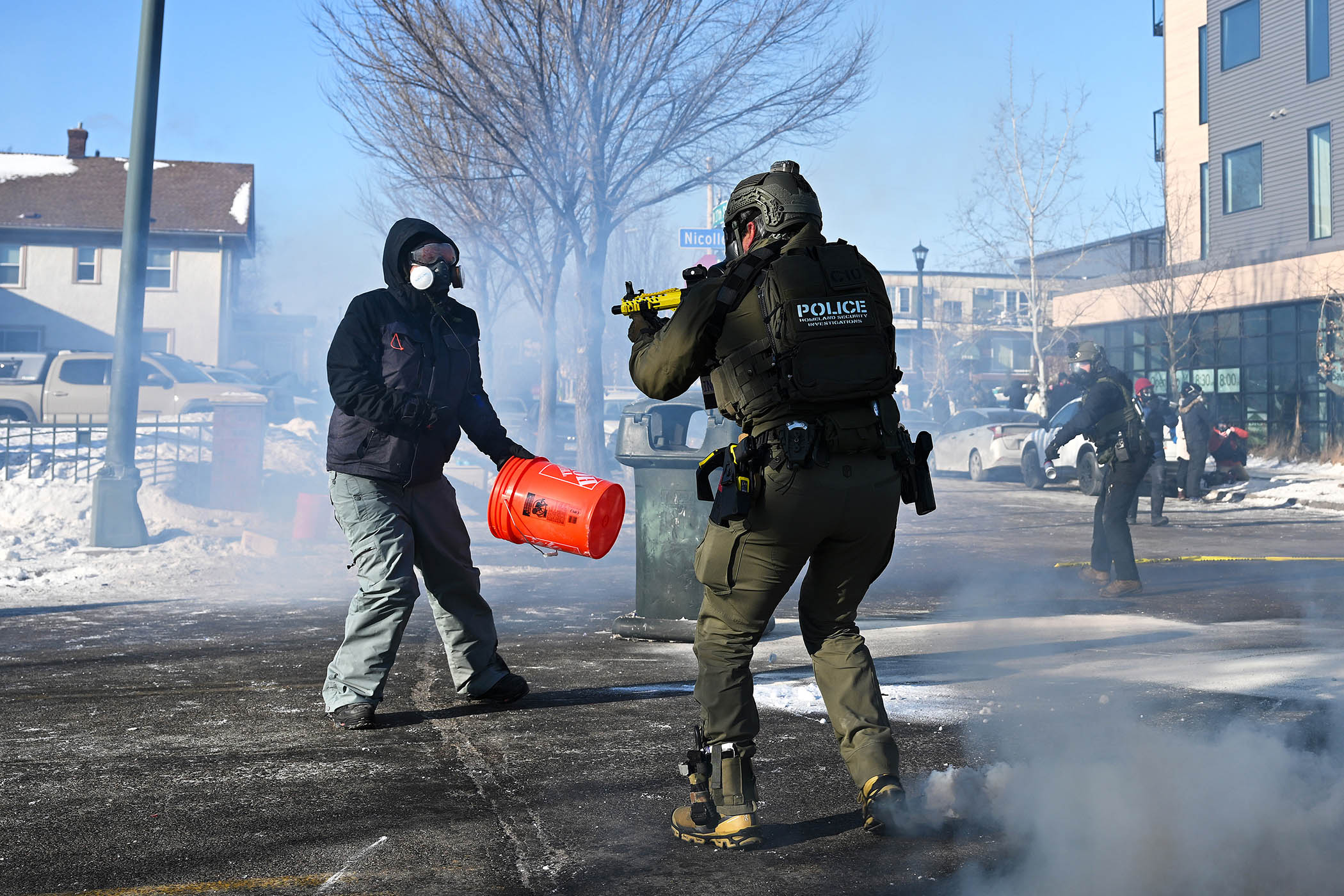“We’re putting an end to the war and bringing everyone [the hostages] home!” Israelis had been anticipating the demonstration under this bold, if strained, tagline for days, trading details about it on their WhatsApp groups and ducking out of other commitments to join the protest.
Based on the numbers attending, it was a success: the Tel Aviv plaza overflowed with protesters, and organisers reported that tens of thousands had turned out. Citizens marched and blocked main roads, lit bonfires and got themselves arrested. Breaking the great taboo in Israel against refusing army service, signs read: “If you don’t refuse, it won’t end,” “End the war for all of us!” and “Parents of fighters are crying out: Enough!”
It was not to be. As the demonstrators were gathering, the Israeli and American governments recalled their negotiating teams from Doha, where indirect negotiations with Hamas for a hostage release and ceasefire deal had reached the latest in an excruciating series of failures.
By 11pm on Thursday, the protest was over. Zohar, a 56-year-old graphic designer who had travelled to Tel Aviv from Kibbutz Sa’ar near the northern border of Israel, looked forlorn as she and a friend waited for a traffic light on the way to the train station. After the demonstration, her main feeling was “ye’ush” – a combination of despair and exhaustion. She elaborated: “It’s more and more of the same thing, yet nothing happens.”
Subdued protesters waited for homebound trains, their signs wilted by the July night-time humidity. The Kaplan thoroughfare, where Israelis thronged in 2023 to protest against the government and where some still march on Saturday evenings to demand a ceasefire, was quiet. A huge blue banner on a building read: “Hope will return” in white letters.
Smaller, like a sad asterisk, were the words “with them”. It felt like a statement that, since the remaining 50 hostages are not returning any time soon, even hope will have to wait.
Although surveys repeatedly show that more than 70% of Israelis want to end the war to secure the release of hostages, the sense of helplessness in Israel is spreading. Sagi Levi, a 30-year-old dentist, was having late-night fast food with a friend after going to see the Israel Philharmonic that evening rather than attending the demo.
He said the war is taking a tremendous emotional toll and “we all wish we were in a different place”, but demonstrating will not help. At best, he shows up sometimes at the weekly gatherings to boost the spirit of family members of the hostages.
Related articles:
It is tempting to see his view as an excuse, but is he wrong? Israelis have been protesting almost nonstop for a hostage-release ceasefire deal, starting just a few weeks after 7 October 2023, when Hamas launched its surprise attack. They mounted huge protests that year against the government, which is still firmly in place and ignores all the demonstrations.
The small pockets of Israelis who place Gaza’s suffering centre-stage are even less effective. In recent months, dozens of these citizens have sought to force a reckoning in Israel, waving posters of dead children from Gaza and calling on military pilots to refuse orders to bomb targets.
Newsletters
Choose the newsletters you want to receive
View more
For information about how The Observer protects your data, read our Privacy Policy
Earlier last week, several hundred gathered in the same Tel Aviv square as Thursday’s demonstration, their posters showing skeletal children and limp bodies contorted as they died.
Starvation in Gaza has become impossible even for Israelis to ignore, despite paltry and denialist reporting from the mainstream media. These demonstrators also marched past cafes where small crowds looked on listlessly. It did not stop the starvation.
Nadir Daka, a 26-year-old Arab, glumly blamed Hamas for starting the war, but wants the conflict to end
Nadir Daka, a 26-year-old Arab, glumly blamed Hamas for starting the war, but wants the conflict to end
What is Israel’s war on Gaza even for? Levi, the dentist, is not sure there is a clear aim, although he believes that some of the leadership want to get the hostages back and that Israel’s enemies must be stopped.
Nadir Daka, a 26-year-old Arab living in the Tel Aviv suburb of Bat Yam with his Jewish wife and their son, glumly blamed Hamas for starting the war, but wants the conflict to end.
Zohar, the despairing protester, has a 20-year-old daughter who will soon start an officer’s course: “I’m asking myself why? I never thought I would ask myself that,” she said bitterly.
Public opinion stagnates further with every dashed expectation. Just a few weeks ago, Israel’s war with Iran felt like a breakthrough: Israelis believed they had won and the country was abuzz with the anticipation that the prime minister, Benjamin Netanyahu, would seize the momentum to reach a ceasefire in Gaza, then call fresh elections.
It did not happen, but despite both the war and the public letdown, polls registered mostly apathy: the government neither gained nor lost.
Even a coalition crisis over one of the most searing issues in Israel, the historic military exemption of the ultra-Orthodox Israelis, excites the pundits more than the people.
A poll for Israel’s Channel 13 asked which lawmaker the respondents thought should take up a key Knesset position that could help advance conscription. Half of Israelis responded “I don’t know” – in a country where everybody knows everything.
And the malaise runs even deeper. The “problematic use” of opioids is rising among 26- to 34-year-olds, according to Hebrew University researchers. Four soldiers have taken their own lives in recent weeks, and in 2024 the number of soldiers who killed themselves tripled compared with 2023. Each group that collected the data linked these phenomena to Israel’s wars.
Yet the government has given no indication of how, when or if its multiple conflicts will end. The country has faced, and will face, real security threats, but many fear that the government’s treatment is worse than the disease.
Perhaps that is not an accident. A government led by a prime minister on trial for corruption, with an unpopular, theocratic, anti-democratic, warmongering agenda, may prefer its people to feel helpless and eventually passive.
Small incidents take on greater symbolism these days. Also on Thursday, traffic was the usual snarl on the main highway from Tel Aviv to Jerusalem. On the side of the road, in a ditch, lay a large cargo lorry flipped on its side, like a huge dying animal.
The driver, outwardly uninjured, stood and peered at his vehicle, looking dazed, as if he had no idea how it got there or what to do. Nobody stopped to help.
Photograph by Ohad Zwigenberg/AP


